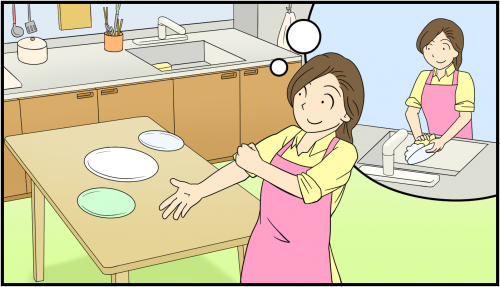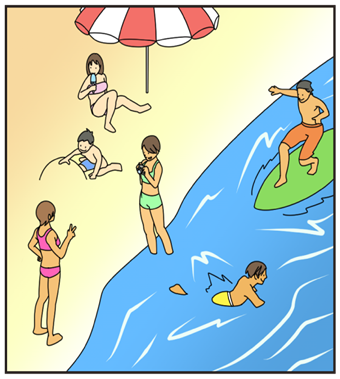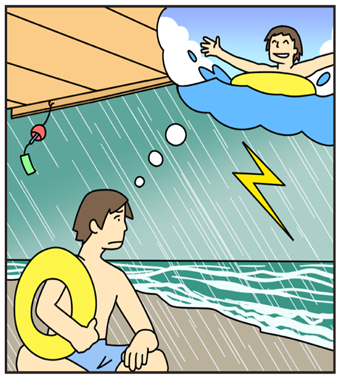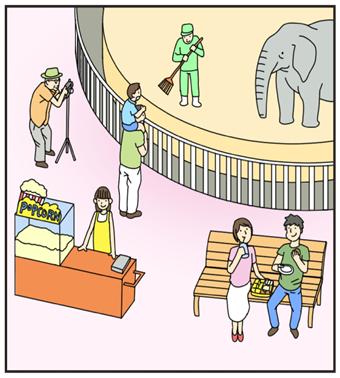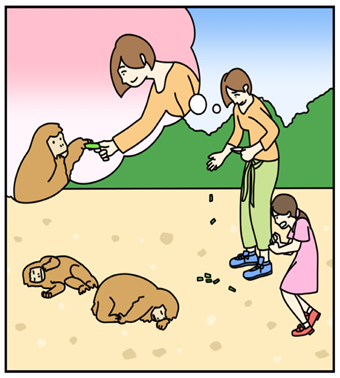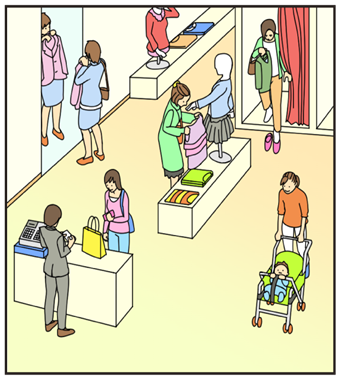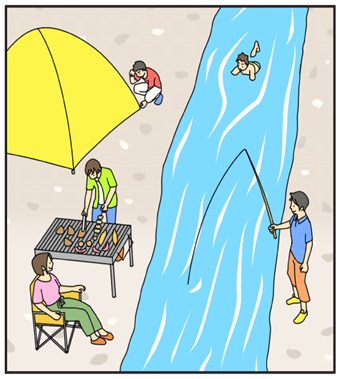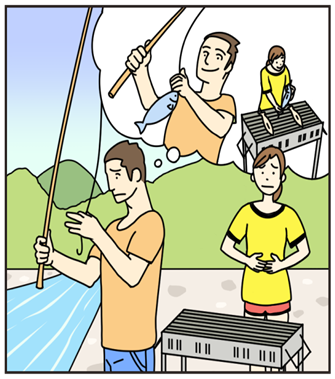Mr. Davies calls for a meeting to inquire about the progress of the project that he assigned to Mr. Evans.
 Good afternoon, Mr. Evans. I apologize for taking a few minutes of your time today. I would like to talk to you regarding the project that I assigned you last week. How is it? |
|
No worries, Mr. Davies. As of now, I have done 70% of the project. However, I find it hard to accomplish the project at a faster pace because I need to acquire some information from other managers to finish some parts.  |
 Is that so? I guess I was not able to foresee that problem. It turns out that the extent of the project is bigger than I anticipated. I think we could make some adjustments regarding the deadline for the project. How much time would you need within two weeks to accomplish the project? |
|
The original deadline is on Monday. I guess I would need additional three days to fully accomplish the project. It will be done by Friday next week. Would that be fine, Mr. Davies?  |
 Absolutely, Mr. Evans. I agree with the three-day extension of the project’s deadline. I am expecting to see the accomplished report on the project on Friday morning. I know you won’t let me down. |
|
Thank you. Noted on that, Mr. Davies. You have my word.  |
| 1. | Why does Mr. Evans find it hard to accomplish the project? |
| Answer: | ________________ |
| 2. | What adjustment did they make regarding the deadline for the project? |
| Answer: | ________________ |
Use the following expressions for setting deadlines:
- You have five days to complete this project.
- We have until the end of this month to accomplish the project.
- We have three more weeks to complete the project.
In case the project would be accomplished after the set deadline, we could use the following expressions:
- Due to some reasons, I am afraid I could not make it to the deadline.
- I apologize, but we can’t complete this work by the date that you have requested.
| 1. | While working on a project, you noticed that the deadline of the project given by your manager is tomorrow. However, you are having a tough time and you still need an extension of two days to accomplish the most important part of the project. How would you tell your manager about it? |
| Answer: | ________________ |
| 2. | You gave a task to one of the employees you are currently training at work. The task should be finished by the end of the month. How would you tell the employee about the task’s deadline? |
| Answer: | ________________ |
| 1. | Have you ever missed a deadline at work or at school? What did you do to make up for it? |
| Answer: | ________________ |
| 2. | Do you think not meeting the deadline is fine as long as the task is accomplished? Why? Why not? |
| Answer: | ________________ |



